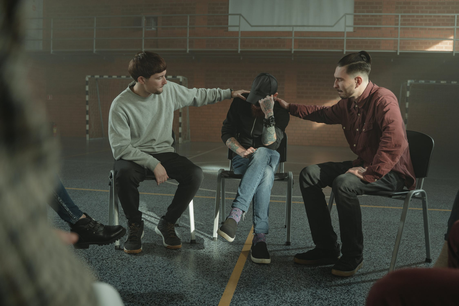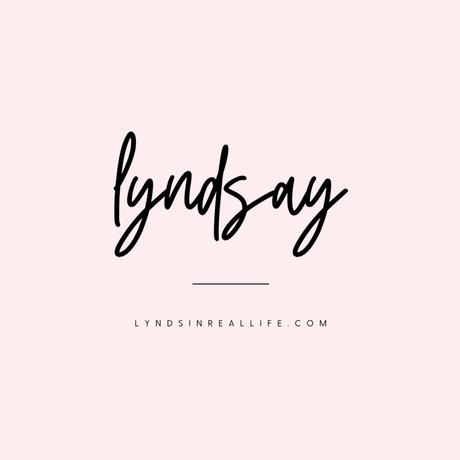Nearly one of five adults in the US alone live with mental health illness alone. That translates into about 50 million people. While this figure sounds alarming, many people struggling with mental health issues find it difficult to ask for help, mostly because they feel that doing so is a sign of weakness. But the contrary is true. Asking for help is actually a bold step and the first one that sets you on a journey to recovery. So, if you’re struggling with mental health challenges, here are some ways to get quick help.
- Visit a rehab center

One of the main reasons many people prefer to hide any mental health problems is the fear of being judged by others. That is why rehab centers are one of the best places to go to get the help you need. That’s because you’ll meet trained caregivers who will help you with special care designed to tackle the cause of the mental health challenge you may be facing. That means they go beyond treating the symptoms you’re experiencing to help you identify and eliminate the root causes. For example, if your mental health challenge is due to drugs or alcohol addiction, you can find drugs or alcohol rehab centers near you with well-trained caregivers that can ‘nurse’ you back to recovery.
- Call a helpline
Maybe you don’t feel like visiting a physical place or meeting up with people. Maybe you just need someone trustworthy to talk to over the phone without them seeing your face. You can look up several helplines online if that’s what you prefer. The helplines will differ depending on your location. But one thing you can be sure about is that the person you speak with, on the other hand, will be more than willing to listen and provide you with the help you need, even if you don’t want to meet up personally. Calling a helpline is also one of the best ways to get quick and immediate mental health help – no filling of forms, no long queues, and you don’t even have to leave your bedroom. If you have a mental health emergency, you can find some toll-free helplines with even quicker responses at no charges.
- Speak with a trusted friend or family member

Sometimes the easiest people to open up to are the people you consider family or trustworthy friends. That’s because many people feel that professionals end up psychoanalyzing their patients. If you feel that way about speaking to a trained professional counselor or therapist (whether in rehab or on the phone), you can consider unburdening your thoughts to a friend or family member you trust.
Friends, caring neighbors, family, and trusted colleagues can help you find immediate solutions to your problems. They can also give you the encouragement and support you need and discuss your options with you. Some loved ones can also help you with your everyday tasks, especially when you can’t bring yourself to do anything. Trusted friends can also go with you to your appointments if you don’t want to go alone.
Thank you for reading!
Find me on Instagram.


